The Nation’s oldest Asian American civil and human rights organization
The Seattle Chapter JACL has been unafraid to tackle difficult and, often, controversial issues related to the wartime experience of our community and other civil rights issues. The exceptional pioneers who sustained our organization during one of the most difficult periods in US history laid a strong foundation for the work of future generations of Japanese Americans who believe strongly in the principles of justice, equality and fair play.
Rest assured, the Seattle Chapter is well prepared to carry on the proud tradition established by our noble and courageous predecessors.
As we anticipate the challenges of the new millennium, the organization is grateful and energized by the emergence of a bright, new corps of younger members. Issues such as redress, education about our World War II wartime experiences, hate crimes, US-Japan relations, cultural activities like the Seattle Cherry Blossom and Japanese Cultural Festival, leadership training, scholarships, and building alliances with other communities of color will continue to be high priorities on our agenda for decades to come. Though many of the civil rights issues of the 20th century remain and, in some cases, have become even more intractable, the Chapter will move forward with confidence and a renewed sense of commitment to ensure equality and justice for all.
Mission
The Japanese American Citizens League is a national organization whose ongoing mission is to secure and maintain the civil rights of Japanese Americans and all others who are victimized by injustice and bigotry. The leaders and members of the JACL also work to promote cultural, educational and social values and preserve the heritage and legacy of the Japanese American community.
Executive Committee
Stan Shikuma, Co-President
Kyle Kinoshita, Co-President
Tsuki Nomura-Henley, 1st Vice President
Theo Bickel, 2nd Vice President
Emily Toshie Kawahigashi, 3rd Vice President
Mika Kurose Rothman, 4th Vice President
Renee Infelise, Recording Secretary
Sarah Baker, Board Historian
Emma Yamaguchi Sullivan, Correspondent Secretary
Sheldon Arakaki, Treasurer
Board Members
Marcine Anderson
Mika Chan
Bob Hasegawa
Toshiko Hasegawa
Arlene Oki
JACL Today
While the JACL’s founding mission was focused on protecting the civil rights of Americans of Japanese ancestry, today we are committed to protecting the rights of all segments of the Asian Pacific American community.
 This change was first prompted in the early 1980s when a young Chinese American man was murdered in Detroit when he was mistakenly identified as Japanese. The murder of Vincent Chin brought about the recognition by the JACL of the need for vigilance to maintain the rights of all Asian Americans, for it became apparent that those who would do harm to Japanese Americans did not discriminate in their hatred and bigotry against Asians or other peoples of color.
This change was first prompted in the early 1980s when a young Chinese American man was murdered in Detroit when he was mistakenly identified as Japanese. The murder of Vincent Chin brought about the recognition by the JACL of the need for vigilance to maintain the rights of all Asian Americans, for it became apparent that those who would do harm to Japanese Americans did not discriminate in their hatred and bigotry against Asians or other peoples of color.
During the past three decades, as the Asian American population has continued to grow, and as other Asian ethnic groups emerged in the broader Asian American community, the JACL recognized the need and responded to the challenge of ensuring the rights and well-being of all Asian Americans. Today, with mixed marriage changing the face of the Japanese American community, the JACL faces additional challenges in looking to its future and to the future of the Japanese American community.
Whatever that future might be, as the nation’s oldest Asian American civil and human rights organization, the JACL will continue to dedicate itself to preserving the rights and well-being of all Asian Americans and others who fall victim to social injustice in the United States.
JACL HISTORY
The Japanese American Citizens League, the nation’s oldest and largest Asian American civil rights organization, was founded in 1929 to address issues of discrimination targeted specifically at persons of Japanese ancestry residing in the United States. In California, where the majority of Japanese Americans resided, there were over one hundred statutes in California that proscribed the limits of rights of anyone of Japanese ancestry. Organizations like the Grange Association and Sons of the Golden West exerted powerful influence on the state legislature and on Congress to limit participation and rights of Japanese Americans, and groups like the Japanese Exclusion League were established with the sole purpose of ridding the state of its Japanese population, even those who were American citizens by birth.
 Amidst this hostile environment, the JACL was established to fight for the civil rights primarily of Japanese Americans but also for the benefit of Chinese Americans and other peoples of color. Although still a small, California-based organization, the JACL was one of only a few organizations in the 1920s and 1930s willing to challenge the racist policies of the state and federal governments. With limited resources and virtually no experience in state or federal politics, the JACL nevertheless took it upon itself to set the course for civil rights for persons of Asian ancestry in the West Coast region of the United States as well as at the federal level by combating congressional legislation aimed at excluding the rights of Japanese Americans and Asian Americans.
Amidst this hostile environment, the JACL was established to fight for the civil rights primarily of Japanese Americans but also for the benefit of Chinese Americans and other peoples of color. Although still a small, California-based organization, the JACL was one of only a few organizations in the 1920s and 1930s willing to challenge the racist policies of the state and federal governments. With limited resources and virtually no experience in state or federal politics, the JACL nevertheless took it upon itself to set the course for civil rights for persons of Asian ancestry in the West Coast region of the United States as well as at the federal level by combating congressional legislation aimed at excluding the rights of Japanese Americans and Asian Americans.
The true test of the JACL came some ten years after its inception when the nation of Japan attacked the US Naval base at Pearl Harbor and launched America into World War II. Within hours after the attack at Pearl Harbor, the FBI swooped down on all Japanese communities in the West Coast states and arrested any elders identified as leaders, suddenly thrusting a young JACL leadership in the difficult position of having to confront a hostile US Government whose intent was to exclude and imprison the entire Japanese American population.
Throughout the war, the JACL continued its efforts to insure some measure of protection and comfort for Japanese Americans imprisoned in government concentration camps. The organization argued for and won the right of Japanese Americans to serve in the US Military, resulting in the creation of a segregated unit, the famous 442nd Regimental Combat Team, which joined with the 100th Battalion from Hawaii and became the most highly decorated unit in US Military history despite having only served in combat for a little over a year in the European theater of the war.
Following the war, the JACL began a long series of legislative efforts to win back the rights of Japanese Americans. In 1946, the JACL embarked on a hard-fought campaign to repeal California’s Alien Land Law, which, enacted in the early years of the century, prohibited all Japanese aliens (i.e., immigrants) from purchasing and owning land in the state, one of the most discriminatory statues enacted in California against Japanese Americans. In 1948, the JACL helped found the Leadership Conference on Civil Rights and, in the same year, succeeded in gaining passage of the Evacuation Claims Act, the first of a series of efforts to rectify the losses and injustices of the WWII incarceration. In 1949, the JACL initiated efforts in the US Congress to gain the right of Japanese immigrants to become naturalized citizens of the US, a right denied to them for over fifty years. The 1951 Walter-McCarren Act, which was essentially a JACL-initiated bill, included language that opened a back door that gave women in this country a foothold on broadening their rights of participation in the democratic process. Among its major accomplishments, the organization committed its lobbying efforts for passage of the landmark 1964 Civil Rights Act, the culmination of the great civil rights movement of the 1960s.
In 1970, at its biennial convention in Chicago, the JACL passed a resolution calling for recognition of, and reparations for, the injustice of the WWII incarceration of Japanese Americans. It formalized the debate as a priority within the organization despite the Japanese American community’s tepid response to the issue. In 1978, the JACL launched a major campaign to seek redress from the US Government for the imprisonment and loss of freedom of Japanese Americans during WWII. The JACL was determined to seek some measure of legislative guarantee that the violation of constitutional rights visited upon Japanese Americans would never again be brought upon any group in the United States.
 Within two years of launching the campaign, a JACL-sponsored legislation to create a federal investigative commission was approved by the Congress and signed by President Carter. The Commission on Wartime Relocation and Incarceration of Civilians was established to investigate the circumstances surrounding the WWII incarceration and provide its findings to the Congress and the president. The commission’s report in 1982 found that the government’s actions were unjustified and unconstitutional, and based on this substantiation of its claims and on the commission’s recommendations for monetary redress, the JACL sought legislation calling for monetary redress and a presidential apology.
Within two years of launching the campaign, a JACL-sponsored legislation to create a federal investigative commission was approved by the Congress and signed by President Carter. The Commission on Wartime Relocation and Incarceration of Civilians was established to investigate the circumstances surrounding the WWII incarceration and provide its findings to the Congress and the president. The commission’s report in 1982 found that the government’s actions were unjustified and unconstitutional, and based on this substantiation of its claims and on the commission’s recommendations for monetary redress, the JACL sought legislation calling for monetary redress and a presidential apology.
The redress campaign culminated with the signing of the Civil Liberties Act of 1988, which provided monetary compensation and a formal apology to the victims of the WWII incarceration. After ten years of campaigning in Washington DC and across the country through its chapters’ grassroots efforts, the JACL successfully brought to a close a final episode in one of the darkest chapters in the constitutional history of the nation.
Past Presidents
-
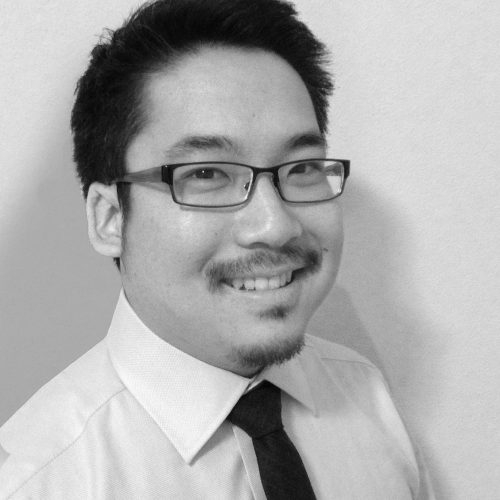 Paul Tashima 2015
Paul Tashima 2015 -
 Toshiko Hasegawa 2014
Toshiko Hasegawa 2014 -
 Dawn Rego 2008
Dawn Rego 2008 -
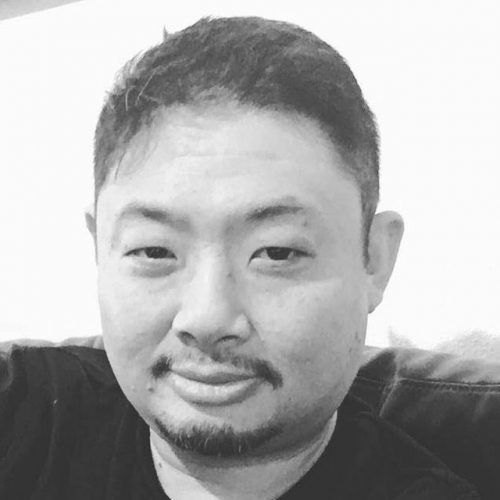 Kyle Funakoshi 2007
Kyle Funakoshi 2007 -
 Doug Honma 2006
Doug Honma 2006 -
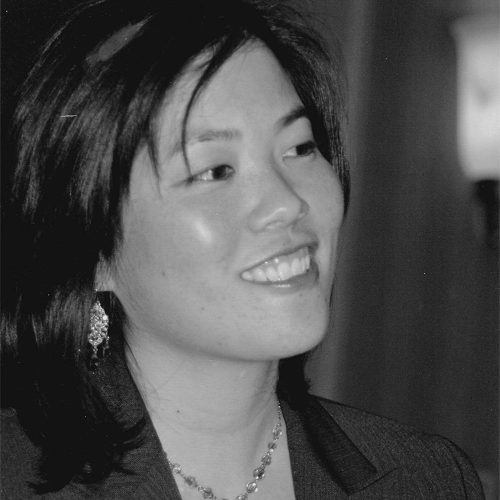 Joy Shigaki 2005
Joy Shigaki 2005 -
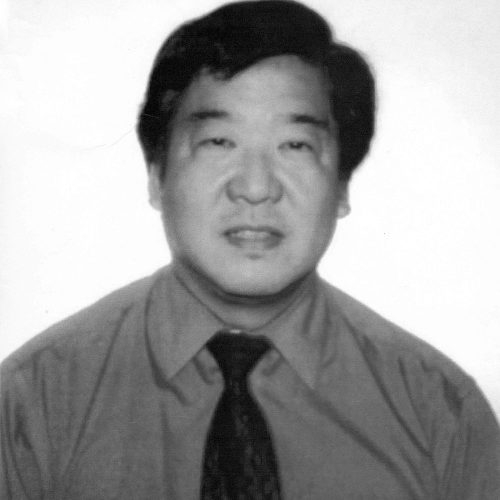 Bill Tashima 2004
Bill Tashima 2004 -
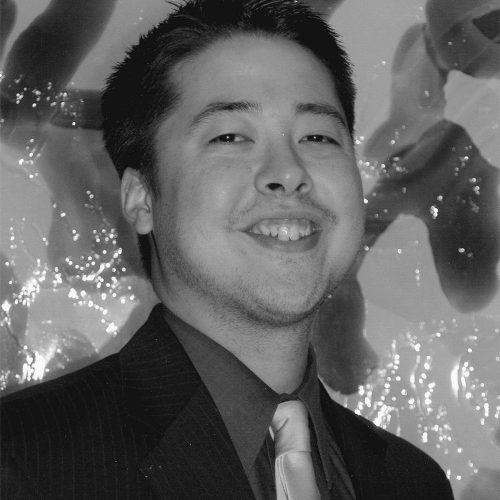 Tatsuo Nakata 2003
Tatsuo Nakata 2003 -
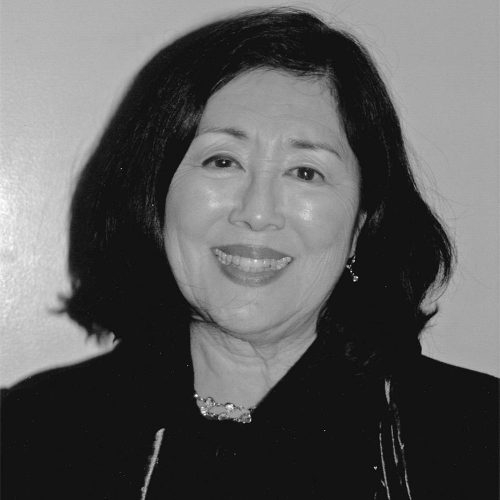 Arlene Oki 2002
Arlene Oki 2002 -
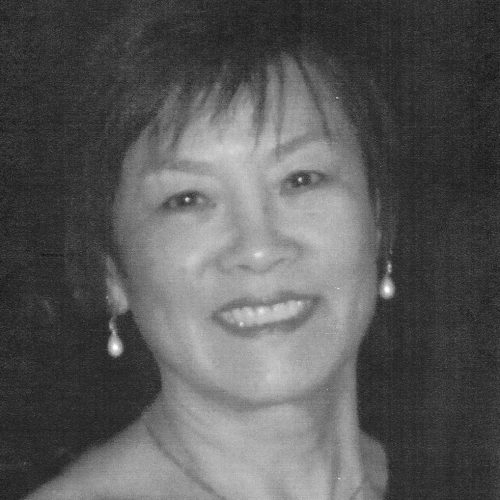 Akemi Matsumoto 2001
Akemi Matsumoto 2001 -
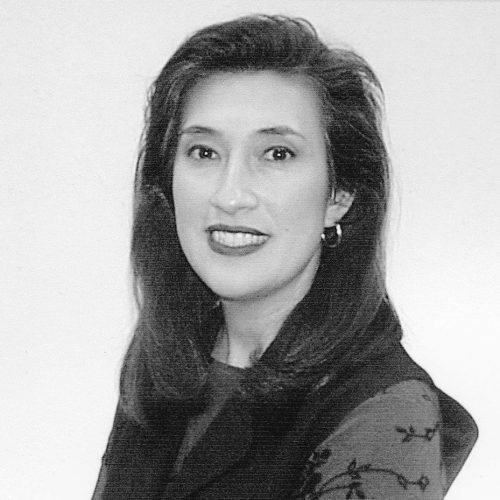 Sharon Seymour 2000
Sharon Seymour 2000 -
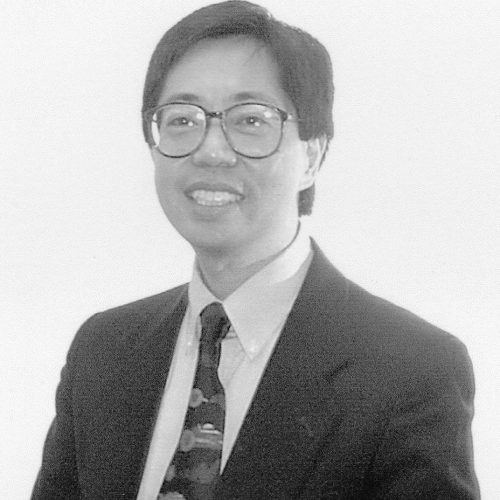 David Yamaguchi 1999
David Yamaguchi 1999 -
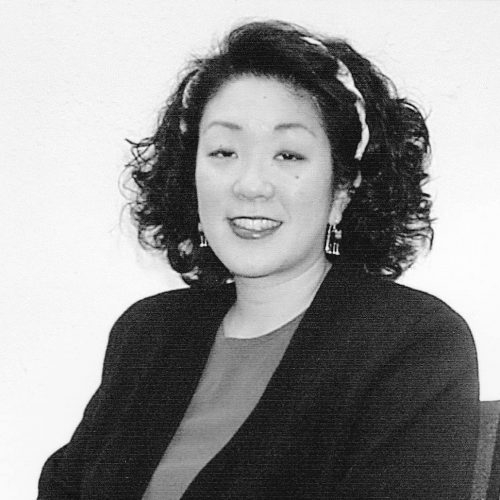 Janice Deguchi 1998
Janice Deguchi 1998 -
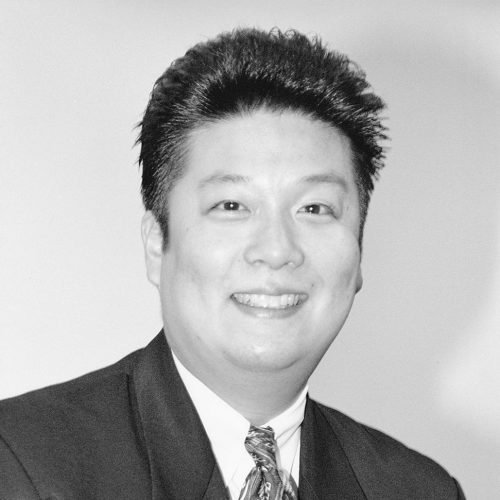 Jeffrey Hattori 1997
Jeffrey Hattori 1997 -
 Elaine Akagi 1996
Elaine Akagi 1996 -
 Cal Takagi 1995
Cal Takagi 1995 -
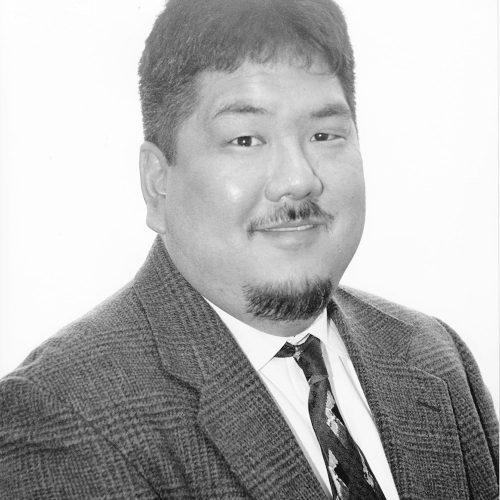 Ray Ishii 1994
Ray Ishii 1994 -
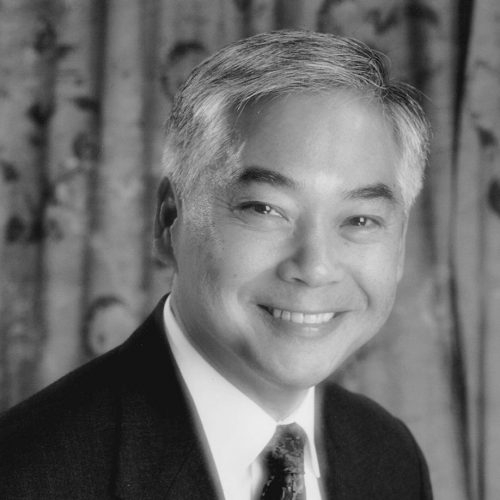 Kip Tokuda 1993
Kip Tokuda 1993 -
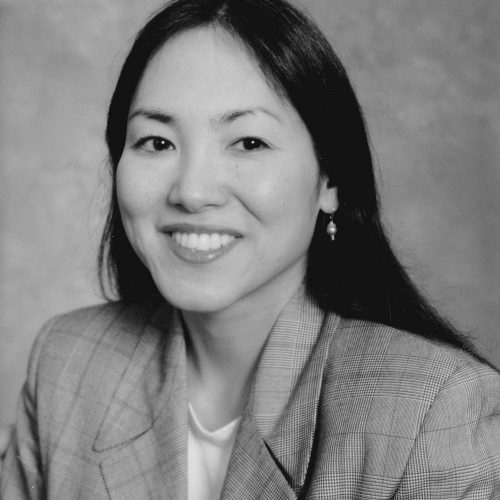 Joy Saint Germain 1992
Joy Saint Germain 1992 -
 Tim Gojio 1992
Tim Gojio 1992 -
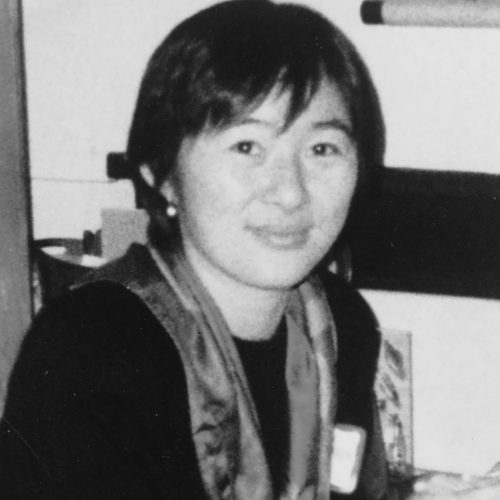 Gail Tanaka 1991
Gail Tanaka 1991 -
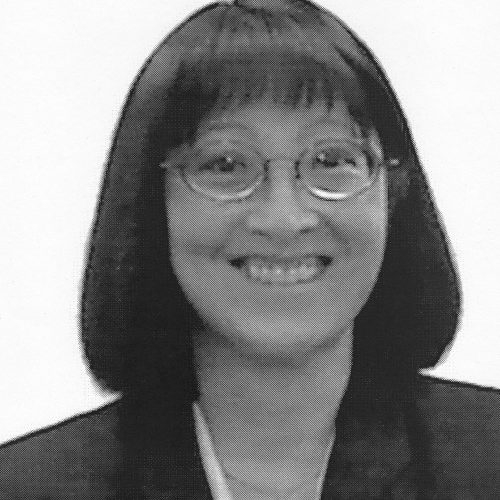 Vicki Toyohara-Mukai 1990
Vicki Toyohara-Mukai 1990 -
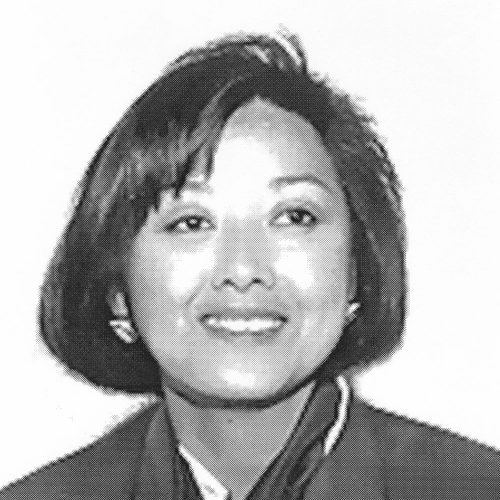 Naomi Iwata-Sanchez 1989
Naomi Iwata-Sanchez 1989 -
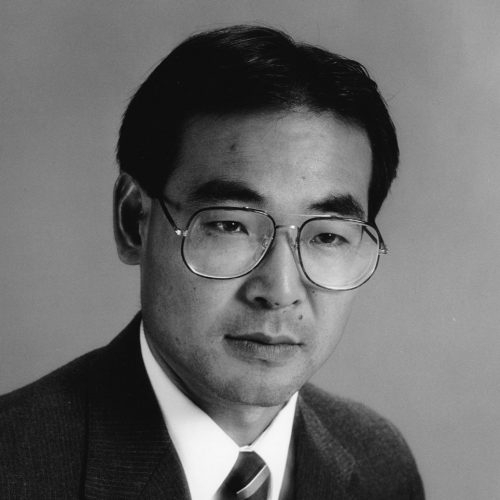 Dave Okimoto 1988
Dave Okimoto 1988 -
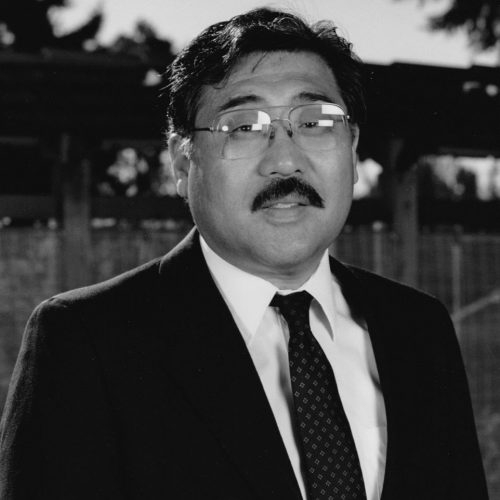 Roger Shimizu 1988
Roger Shimizu 1988 -
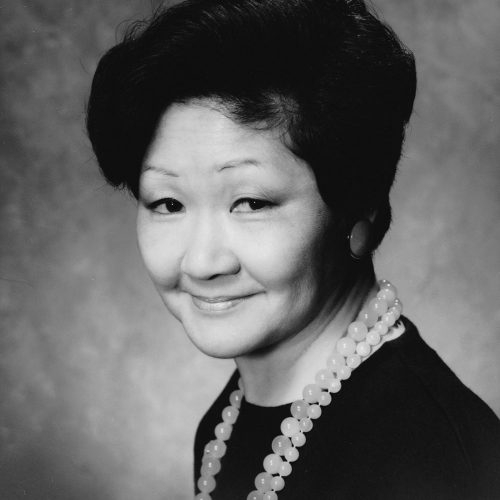 May Sasaki 1987
May Sasaki 1987 -
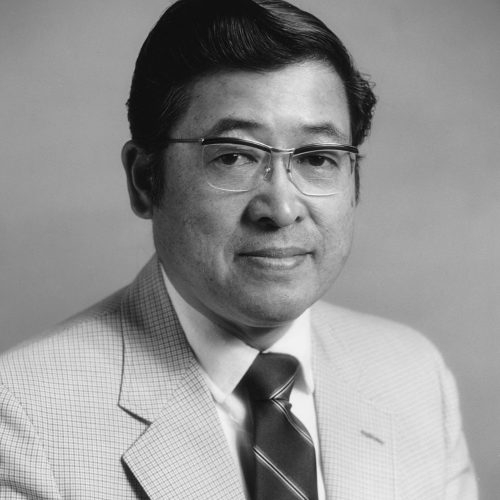 Robert Sato 1986
Robert Sato 1986 -
 David Okimoto 1985
David Okimoto 1985 -
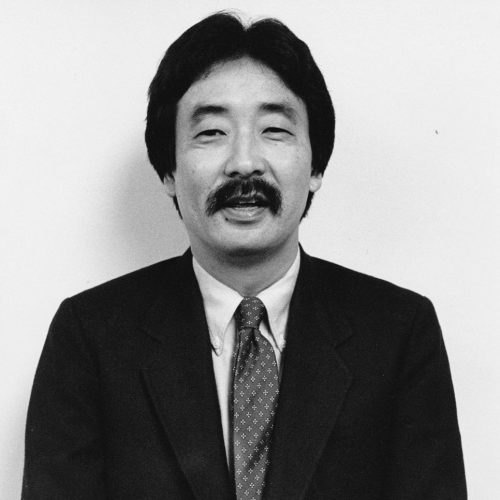 Jerry Shigaki 1984
Jerry Shigaki 1984 -
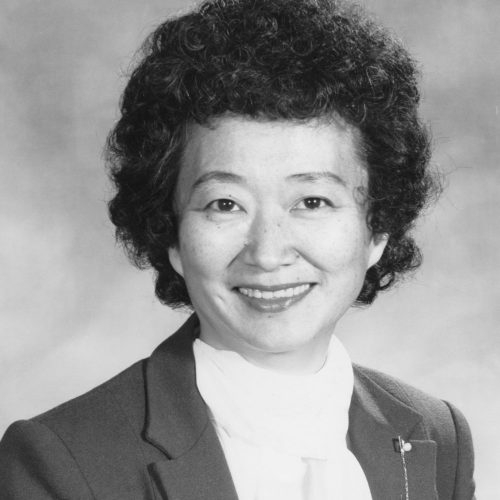 Mako Nakagawa 1983
Mako Nakagawa 1983 -
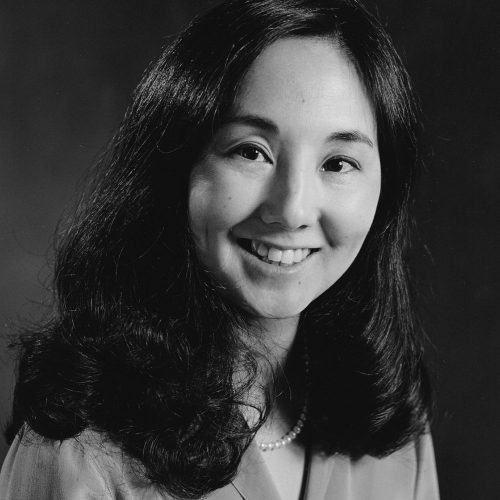 Kathryn Bannai 1982
Kathryn Bannai 1982 -
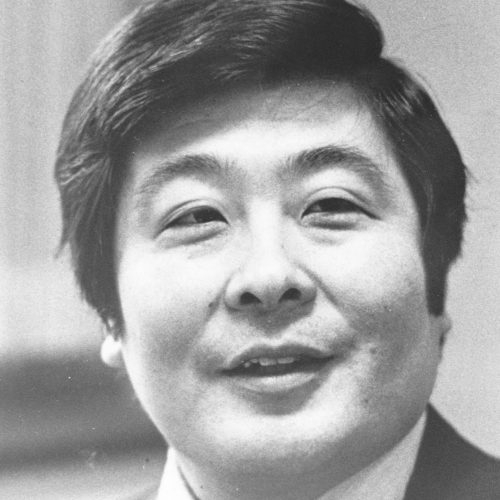 Lloyd Hara 1981
Lloyd Hara 1981 -
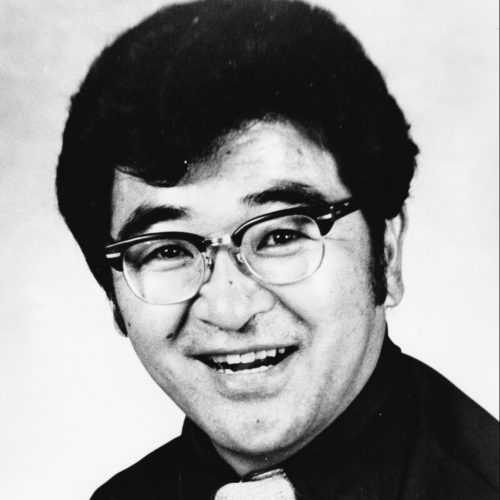 Ben Nakagawa 1980
Ben Nakagawa 1980 -
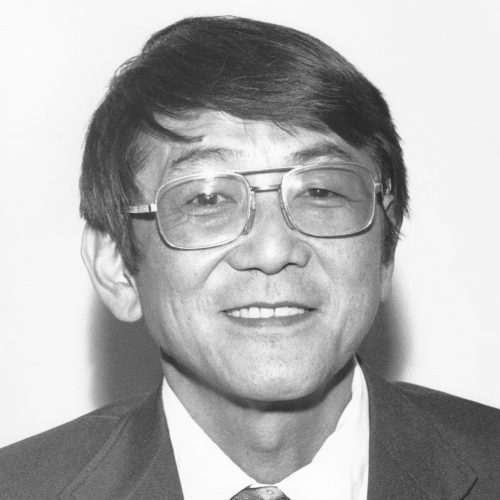 Chuck Kato 1980
Chuck Kato 1980 -
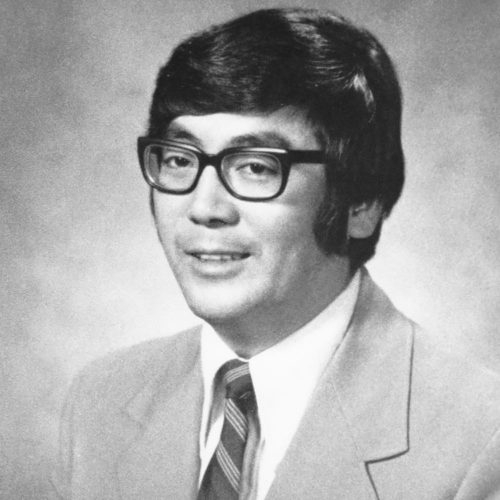 Mich Matsudaira 1979
Mich Matsudaira 1979 -
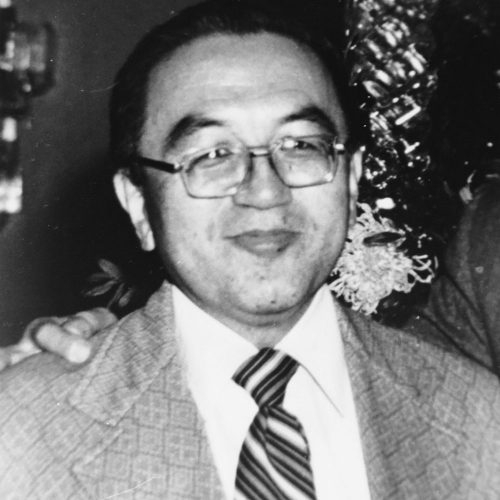 Ted Taniguchi 1978
Ted Taniguchi 1978 -
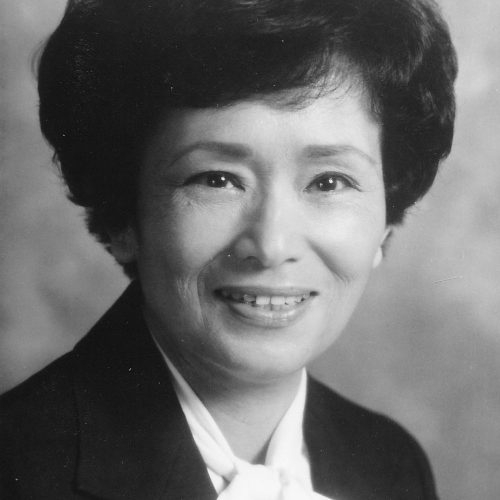 Cherry Kinoshita 1977
Cherry Kinoshita 1977 -
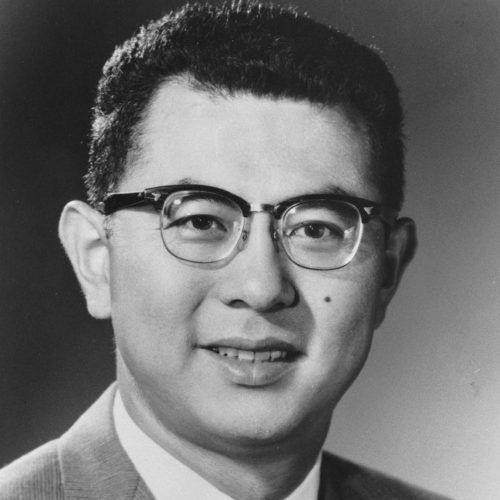 John Matsumoto 1976
John Matsumoto 1976 -
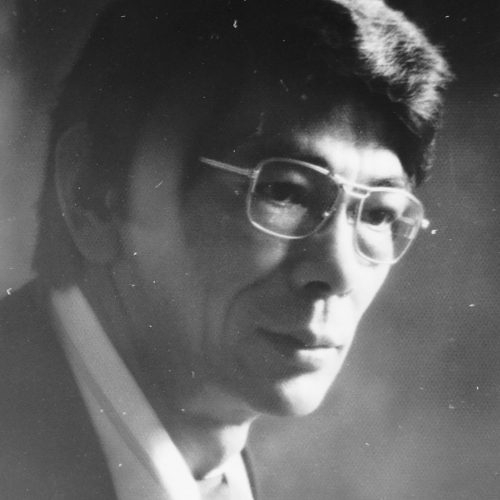 Lindy Sata 1975
Lindy Sata 1975 -
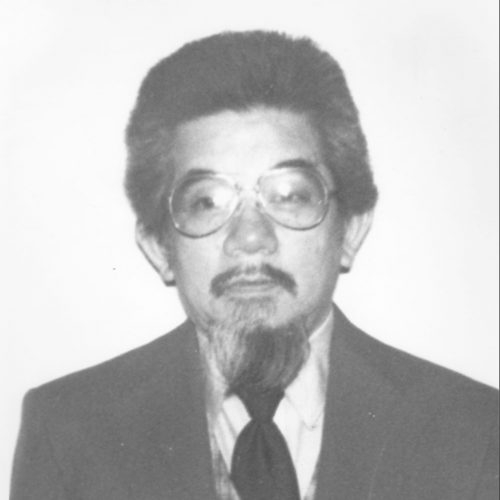 Sam Shoji 1974
Sam Shoji 1974 -
 Ben Nakagawa 1973
Ben Nakagawa 1973 -
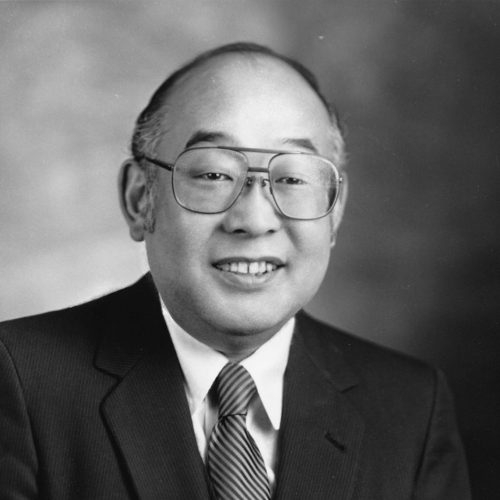 Tomio Moriguchi 1972
Tomio Moriguchi 1972 -
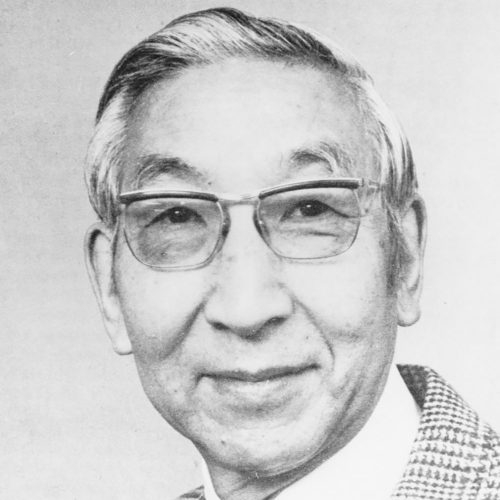 Min Masuda 1971
Min Masuda 1971 -
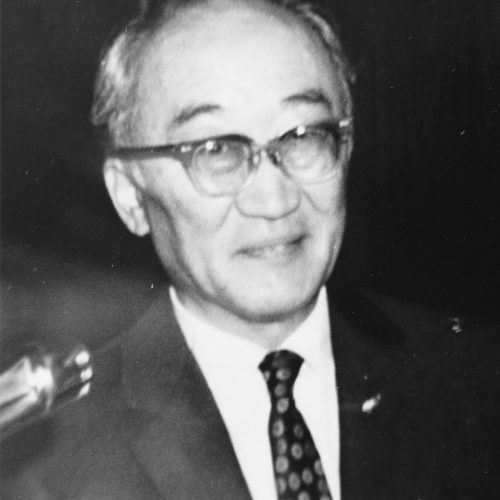 Don Kazama 1970
Don Kazama 1970 -
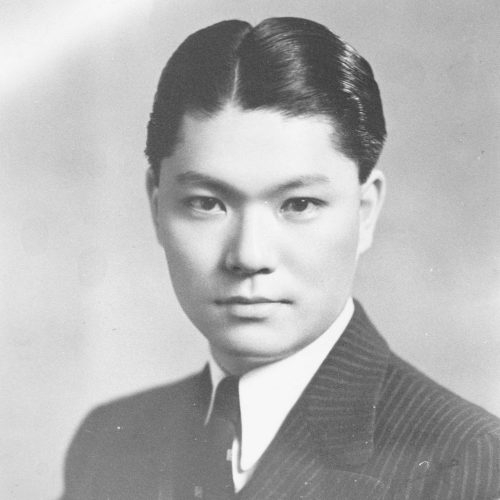 Jiro Aoki 1969
Jiro Aoki 1969 -
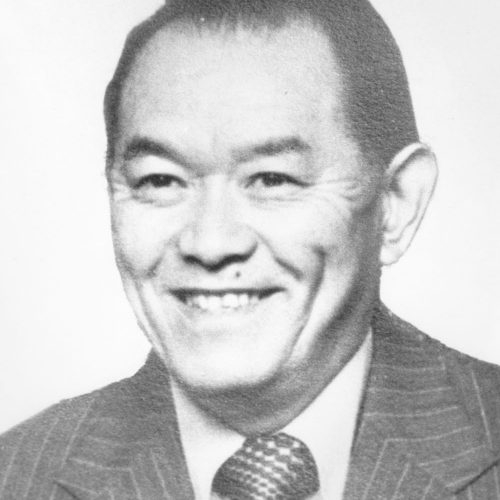 George Fugami 1968
George Fugami 1968 -
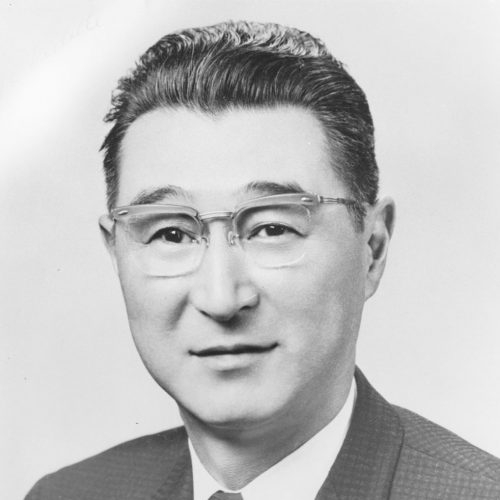 Thomas Iwata 1967
Thomas Iwata 1967 -
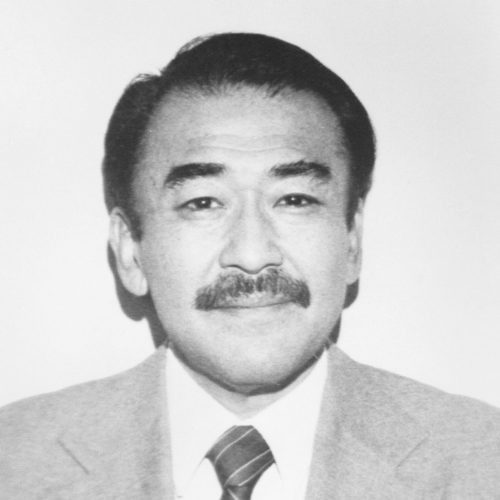 George Iwasaki 1966
George Iwasaki 1966 -
 Terrance Toda 1964-65
Terrance Toda 1964-65 -
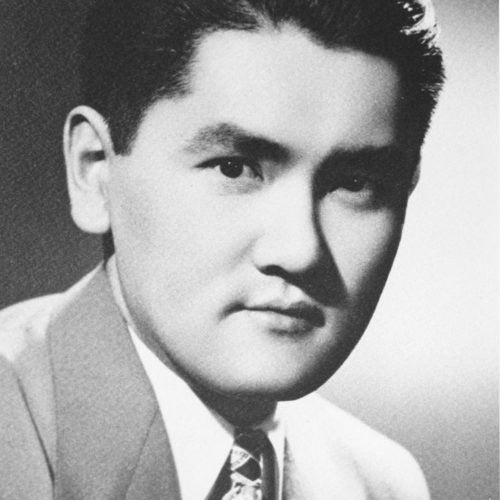 John Aoki 1963
John Aoki 1963 -
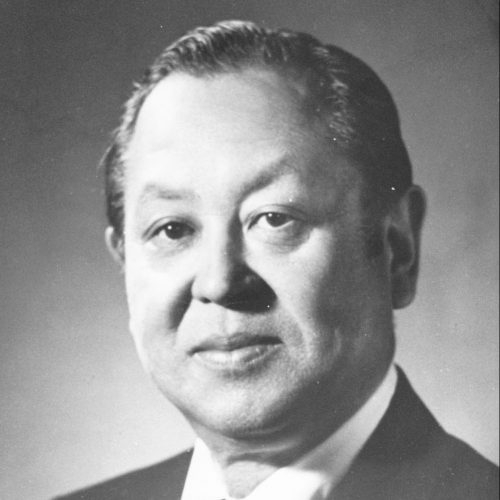 William Mimbu 1962
William Mimbu 1962 -
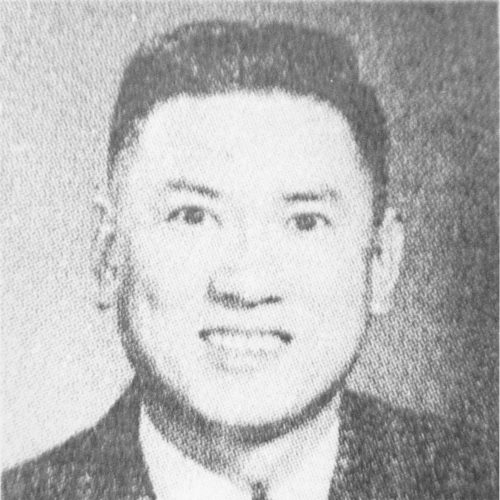 Phil Hayasaka 1961
Phil Hayasaka 1961 -
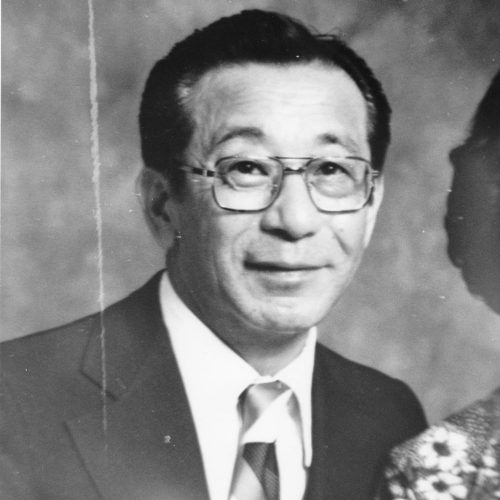 Min Tsubota 1960
Min Tsubota 1960 -
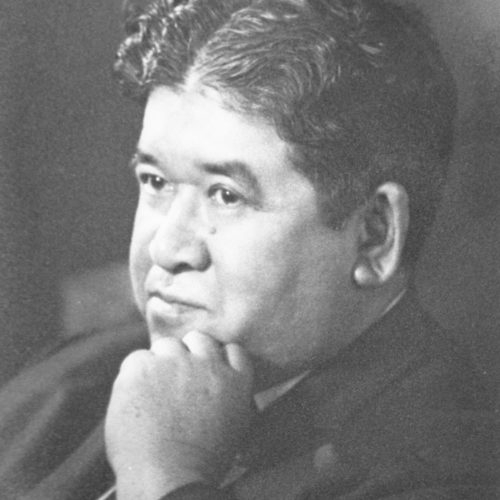 Tak Kubota 1958-59
Tak Kubota 1958-59 -
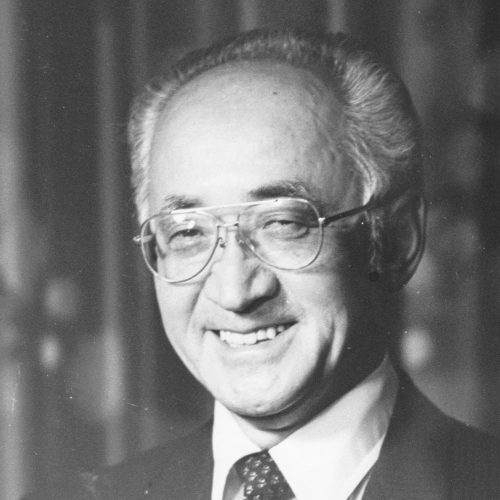 Toru Sakahara 1957
Toru Sakahara 1957 -
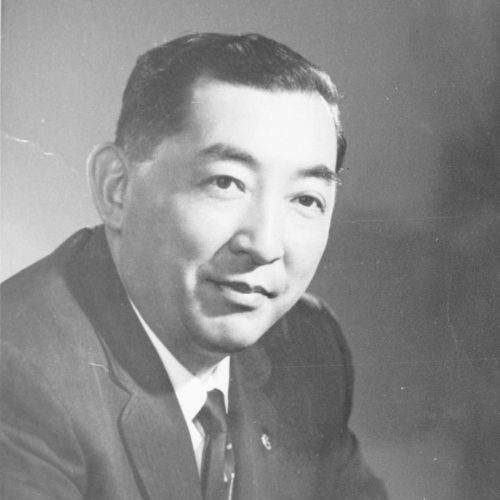 James Matsuoka 1956
James Matsuoka 1956 -
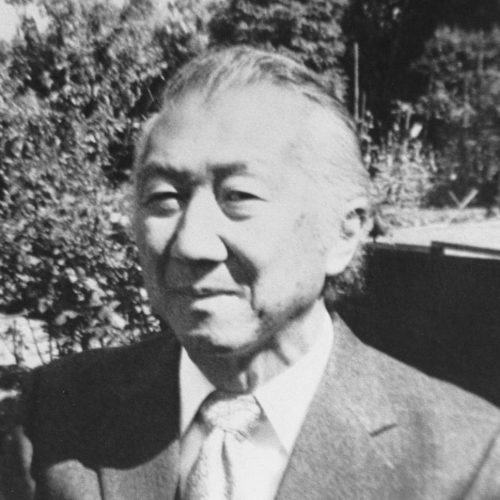 Howard Sakura 1955
Howard Sakura 1955 -
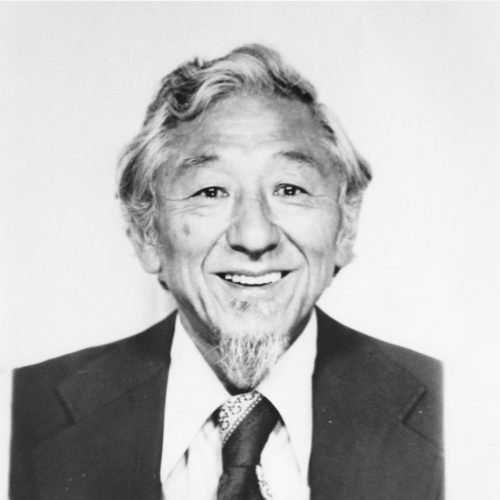 George Kashiwagi 1954
George Kashiwagi 1954 -
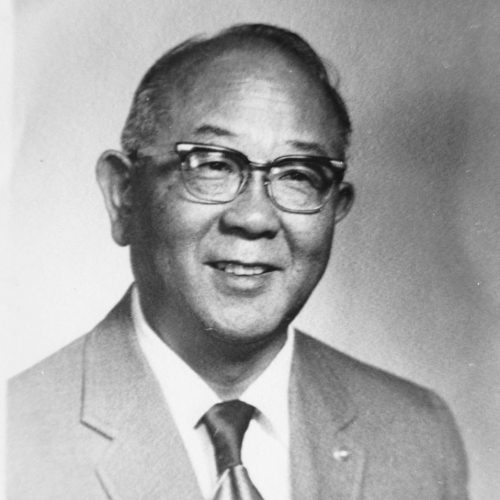 Kelly Yamada 1953
Kelly Yamada 1953 -
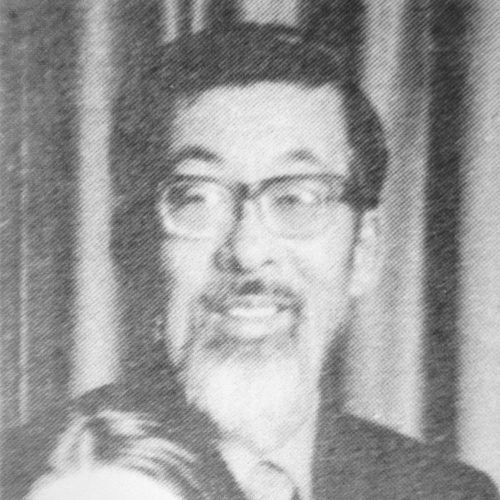 Kenji Okuda 1952
Kenji Okuda 1952 -
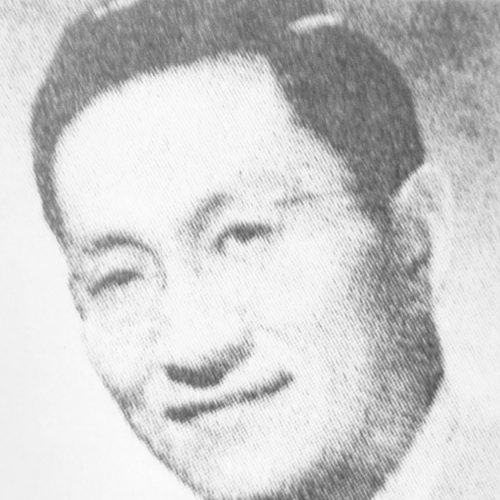 Kengo Nogaki 1952
Kengo Nogaki 1952 -
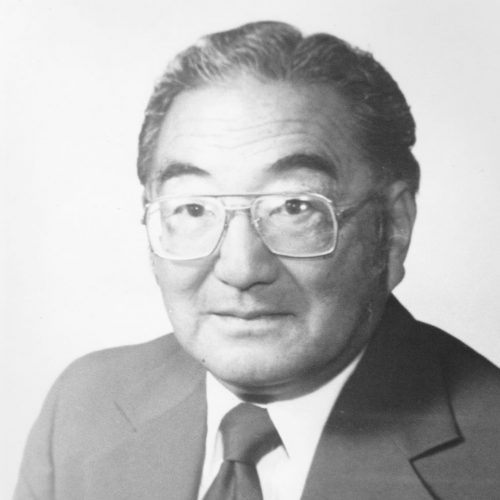 Harry Takagi 1950-51
Harry Takagi 1950-51 -
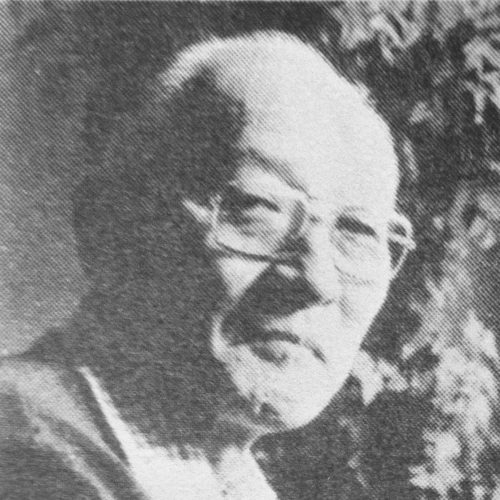 Mac Kaneko 1949
Mac Kaneko 1949 -
 Kengo Nogaki 1948
Kengo Nogaki 1948 -
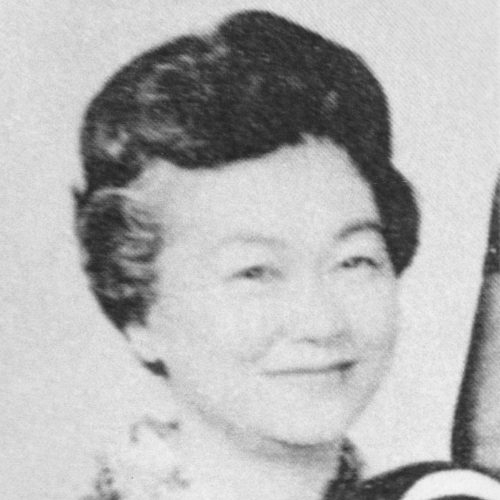 Shigeko Uno 1948
Shigeko Uno 1948 -
 Toru Sakahara 1948
Toru Sakahara 1948 -
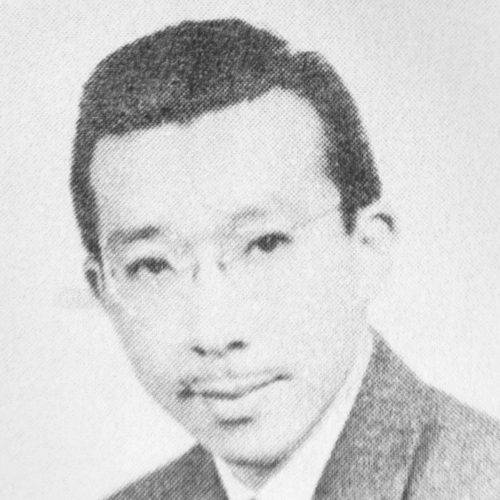 Joe Hirabayashi 1947
Joe Hirabayashi 1947 -
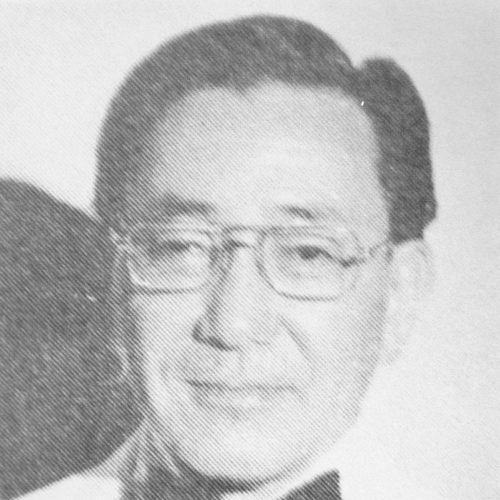 George Minato 1946
George Minato 1946 -
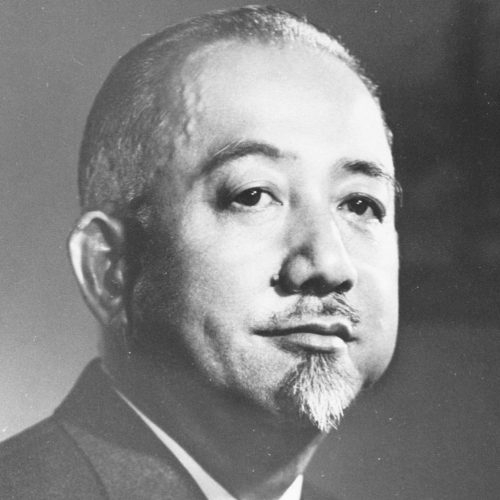 Clarence Arai 1942
Clarence Arai 1942 -
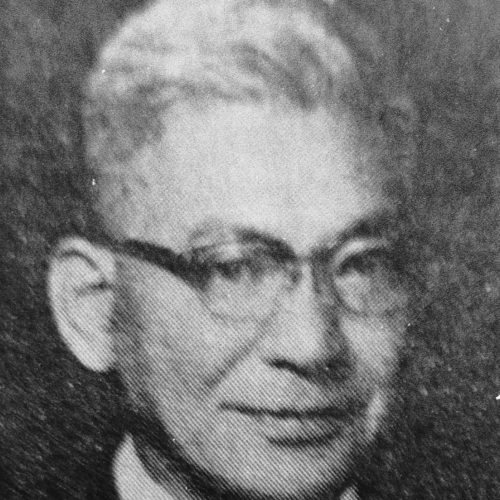 Muts Hashiguchi 1941
Muts Hashiguchi 1941 -
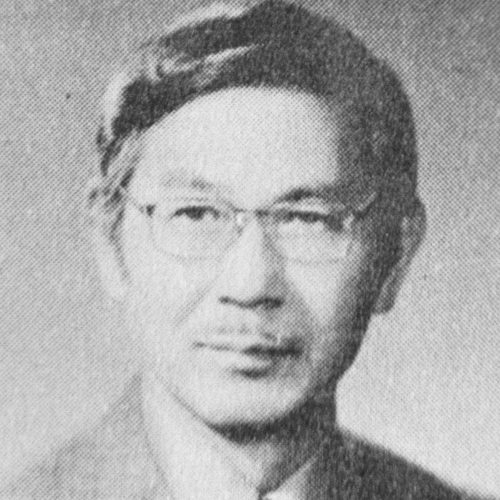 Kenji Ito 1941
Kenji Ito 1941 -
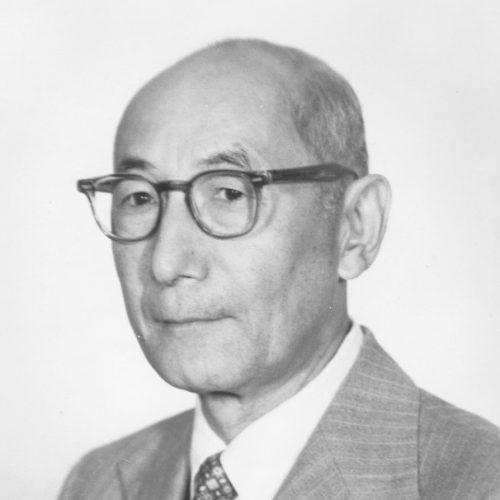 Toshio Hoshide 1941
Toshio Hoshide 1941 -
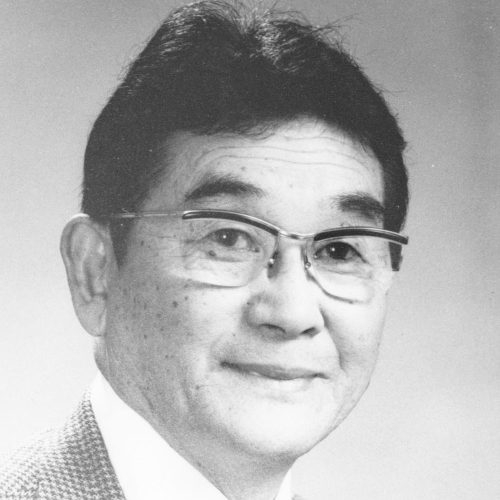 Arthur Koura 1939-40
Arthur Koura 1939-40 -
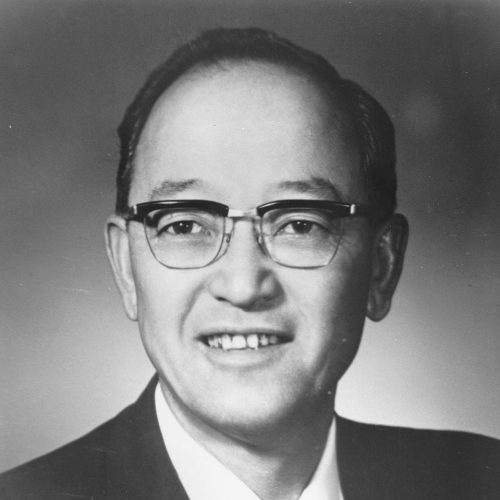 Ichiro Nagatani 1939-40
Ichiro Nagatani 1939-40 -
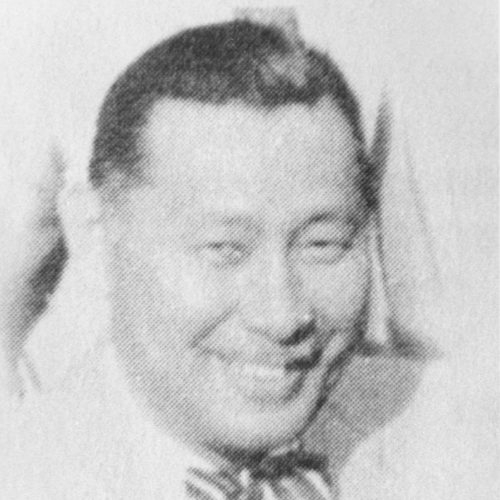 Takeo Nogaki 1939-40
Takeo Nogaki 1939-40 -
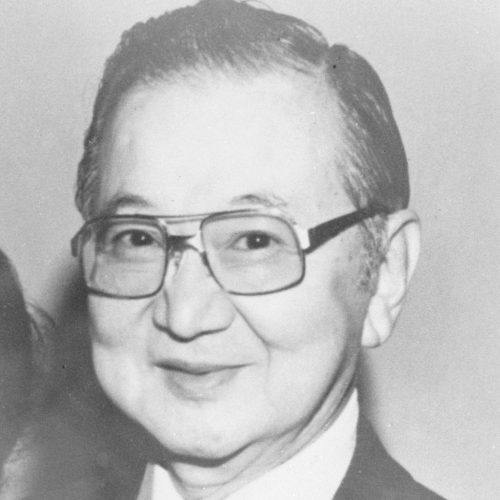 Saburo Nishimura 1938
Saburo Nishimura 1938 -
 Clarence Arai 1936-1937
Clarence Arai 1936-1937 -
 Takeo Nogaki 1934-35
Takeo Nogaki 1934-35 -
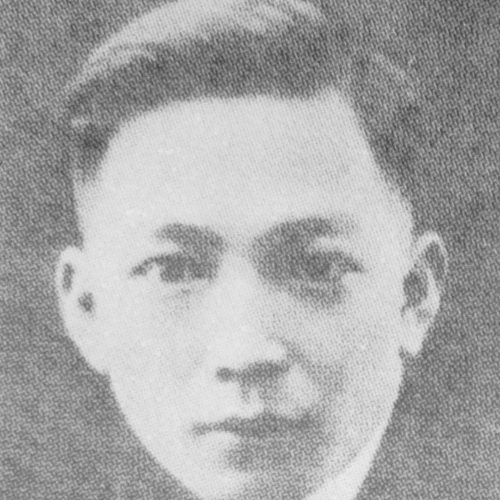 George Ishihara 1932-33
George Ishihara 1932-33 -
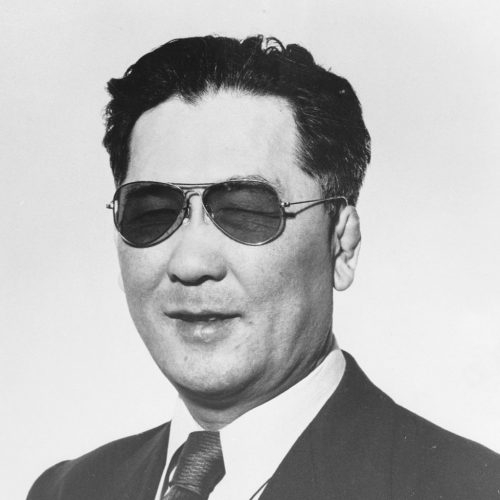 James Sakamoto 1931
James Sakamoto 1931 -
 Clarence Arai 1928-30
Clarence Arai 1928-30 -
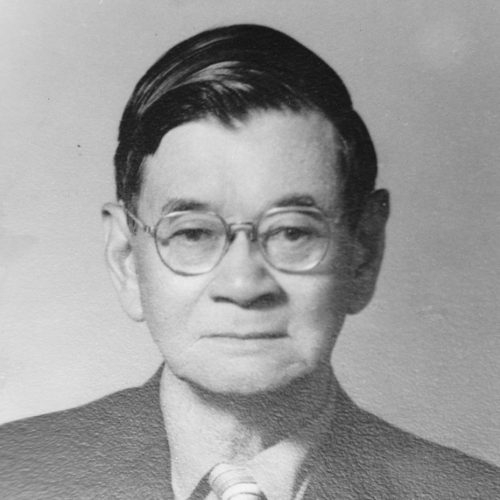 Shigeru Osawa 1921-22, 1926
Shigeru Osawa 1921-22, 1926
Subscribe to our Newsletter

